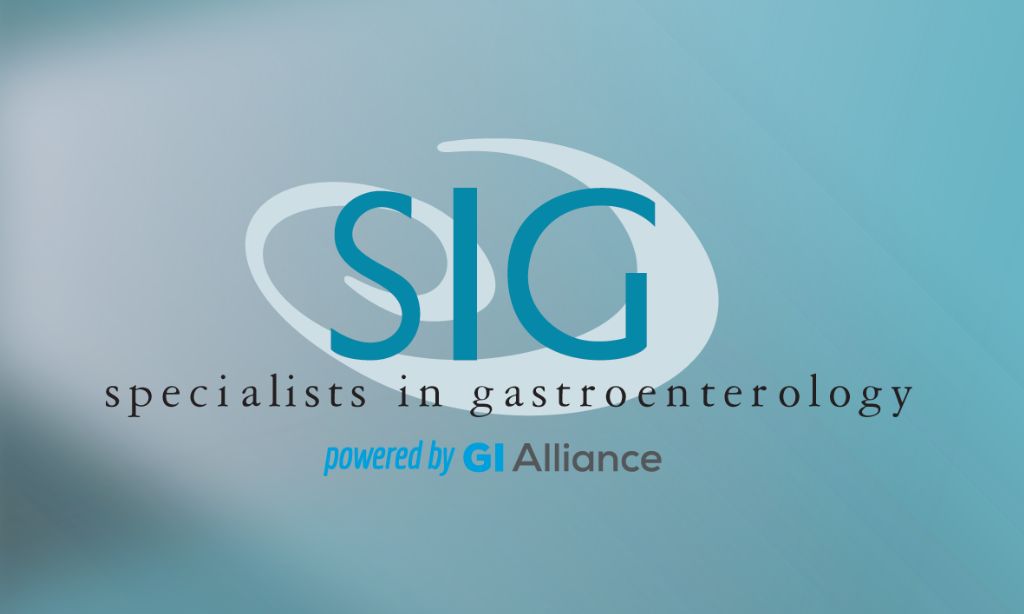Lowering Sulfur Intake to Fight SIBO with H2S
Sulfur is an element in food that is normally very healthy to the body, but which can feed “bad” bacteria in those who have SIBO. To add insult to injury, SIBO can turn dietary sulfur or sulfate into hydrogen sulfide (H2S), a foul gas that smells like rotten eggs. Temporarily reducing intake of high-sulfur/sulfate foods, beverages and supplements can help get rid of SIBO.
Unfortunately, sulfur is in many healthy foods. The amino acids cysteine and methionine contain sulfur, and are present in all animal proteins. Cutting out excess protein will be helpful, but it’s important to keep eating enough. The RDA for protein is.36g per pound of healthy body weight, which is about 46g/day for an average woman or 56g/day for an average man. This is much less than most Americans typically consume. If you are an athlete, you’ll need more. You can get lots of protein from beans, lentils and legumes.
Reducing intake of the following foods will help lower sulfur/sulfate intake:
Supplements, ingredients and additives
- Alpha lipoic acid
- Glucosamine sulfate
- Glutathione
- Chondroiton sulfate
- Methylsulfonylmethane (MSM)
- Carageenan (often added to dairy products; read labels)
- Many other ingredients that mention sulfur, sulfite, or sulfate (e.g., sodium bisulfite or potassium metabisulfite)
Beverages
- Beer
- Red & white wine
- Cider
- Apple juice
- Tomato juice
- Grape juice
- Cow’s milk
- Sometimes well water (it varies, but city water is OK)
Fruits
- Dried fruits, such as raisins, dates, prunes, dried apricots, etc.
- Dried coconut
Vegetables (varies with soil and fertilizer used)
- Arugula
- Asparagus
- Mustard greens
- Cruciferous veggies: broccoli, cauliflower, Brussels sprouts, bok choy, cabbage, kale, turnips, etc.
- Allium vegetables: garlic, onions, chives, leeks, shallots
- Seaweed
Proteins
- Red meat (highest)
- Fish
- Eggs (both yolk and white)
- Pork
- Poultry white meat
- **poultry dark meat contains some sulfur, but is lower than other animal proteins
- Dairy (except butter)
- Bone broth
- Soy
- Whey powder
Nuts, Seeds, Beans, Lentils, Grains
- Brazil nuts
- Almonds are moderately high
- Sesame seeds
- Peanuts
- Soybeans
Other Foods
- Mustard
- Bread and whole wheat pasta contain moderate levels of sulfur/sulphate
So what should I eat?! Good choices include:
3-4oz portions of animal protein or protein from beans/lentils/legumes with low-sulfur veggies, such as salads, carrots, celery, mushrooms, bell peppers, cucumbers, eggplant, spinach, collards, artichokes, and corn. All sorts of squash are great, including acorn, spaghetti, crookneck, zucchini, pumpkin and yellow squash. Rice, beans, lentils, potatoes, yams and sweet potatoes are good sources of starches. Herbs, spices, olive oil, avocado, fresh fruit, nuts and seeds (besides those noted for being high sulfur/sulfate) are great flavorings and additions.
An example day might include:
Breakfast: Rice-based cereal (hot or cold) with coconut milk (choose one without carrageenan), cinnamon, mixed berries and ground flax seed
Snack: Fresh fruit and/or nuts
Lunch: Spinach or romaine lettuce salad with cucumbers, carrots, celery, bell pepper, 3oz protein of your choice, avocado, olive oil or dressing, toasted pumpkin or sunflower seeds, perhaps with a side of soup, quinoa, corn tortilla or sweet potato with butter
Snack: Celery, jicama and carrot slices dipped in guacamole or your favorite dip, fresh fruit, nuts, flax crackers, squash or red bell pepper soup, or spaghetti squash with butter
Dinner: 3oz protein with grilled veggies, such as zucchini, yellow squash, portobello mushrooms, bell peppers and brown rice with teriyaki or tamari sauce
Dessert: Kiwi or melon slices with cinnamon and chopped pecans
Sources:
More research is needed! The last peer-review study of sulphur content is from 1939:
https://www.ncbi.nlm.nih.gov/pmc/articles/PMC1264524/pdf/biochemj01022-0143.pdf
This blog post was written by a registered dietician for people with sulfite/sulfate intolerance. The part about thiols may not apply to SIBO, because sulfur in the gut (rather than bloodstream) is the issue.:
http://leavesoflife.com/blog/2014/11/sulfur-supplement-and-food-lists/
This article by a gastroenterologist addresses low-sulfur/sulfate eating to reduce gas: https://www.gicare.com/diets/colon-gas-flatus-prevention/
www.nutritiondata.com allows you to search for foods highest/lowest in various nutrients. Sulfur is not a search option, however the sulfur-containing amino acids cysteine and methionine are.

